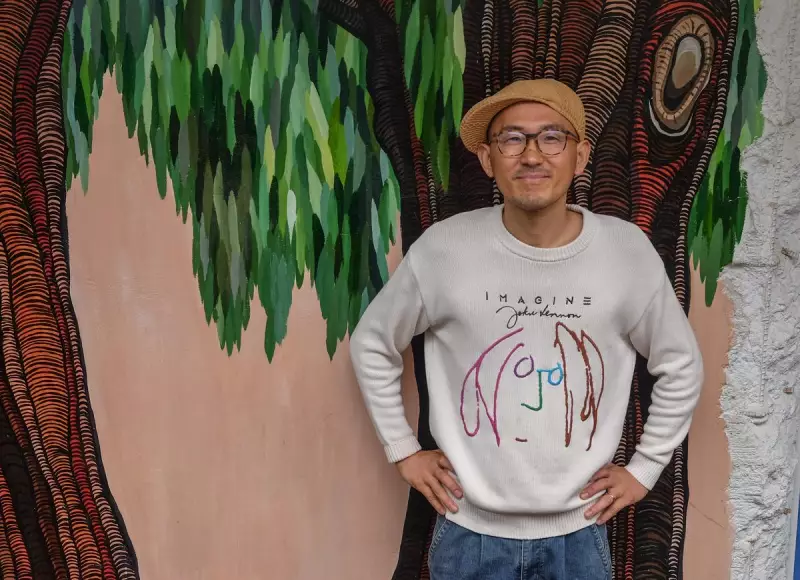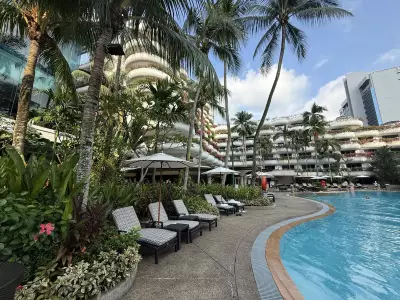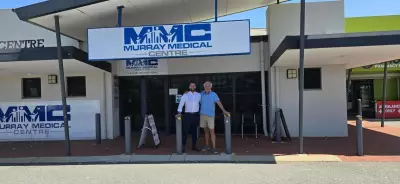
In the heart of Gwangju, South Korea's fifth-largest city, a unique space blurs the lines between a local cafe and a global traveller's dream. Voyagers Cafe, tucked away in a quiet backlane just five minutes from Ssangchon Metro station, offers more than just coffee—it provides a portal to the world.
From World Traveller to Local Entrepreneur
Pedro Kim, the eternally smiling owner of Voyagers Cafe, never imagined he'd become the proprietor of Gwangju's travellers' accommodation of choice. After several years travelling through Australia, Europe and Southeast Asia, he faced the daunting prospect of returning home to conventional Korean office life.
"I was so alienated by the prospect of joining the ranks of Korea's office life," Pedro admits. "I wanted to give better sense to my life and keep stoking my travelling dreams, but obviously I also faced society's pressure and my parents' concern."
Thirteen years ago, with considerable moral support from his family, Pedro took a leap of faith. He started small with Pedro Guesthouse I, operating from a family-owned apartment with just one double room and two small dorms. His vision was clear: create Gwangju's first international traveller-focused guesthouse that practically only accepted foreign travellers.
A Global Sanctuary in South Korea
Step inside Voyagers Cafe today, and you're immediately transported. The space feels like what anthropologists might call a "liminal zone"—a place where reality fades and things become borderless, existing somewhere between reality and something else entirely.
The atmosphere is richly international: forest-green support beams plastered with magnets from cities worldwide, Turkish lanterns beside Middle Eastern rugs, a Bintang Beer wooden sign from Bali, and trinkets from Vietnamese markets. Most strikingly, dozens of classic Lonely Planet guidebooks from the 2000s stand in neat vertical rows, covering destinations from Mexico and Mongolia to Africa on a Shoestring, Taiwan, Australia, and Spain.
Pedro explains how this global collection came together: "Wherever I go, I bring back things to furnish the guesthouse and the cafe, and that's how Voyagers has become a place for locals to come and dream travel with me." He maintains his wanderlust by taking each December—among the coldest and slowest months for business—off to continue exploring the world.
Fueling Korean Travel Dreams
Surprisingly, most of Voyagers' customers aren't international travellers but local Koreans from the neighbourhood. "They love to come here and enjoy Voyager's unique atmosphere," Pedro says, "and often have questions for me: have you been to this or that country? Is it safe? How can I travel better there?"
This reflects a broader reality in South Korea, where many people dream of travelling but have limited time off work. Most postpone their plans until retirement age, making spaces like Voyagers essential for keeping those dreams alive.
"The neighbourhood knows I have been around and come here for coffee and even more for questions," Pedro quips. "Imagine, I am the friendly travel consultant bartender. My customers don't just buy coffee and beers here, they buy fuel for their travel dream, and I am most happy to guide them."
Located below the cluster of immaculate rooms and one dorm that make up Pedro Guesthouse II, Voyagers Cafe has become more than a business—it's a community hub where travel dreams are nurtured and global connections are made, right in the centre of Gwangju's only transversal underground line.





